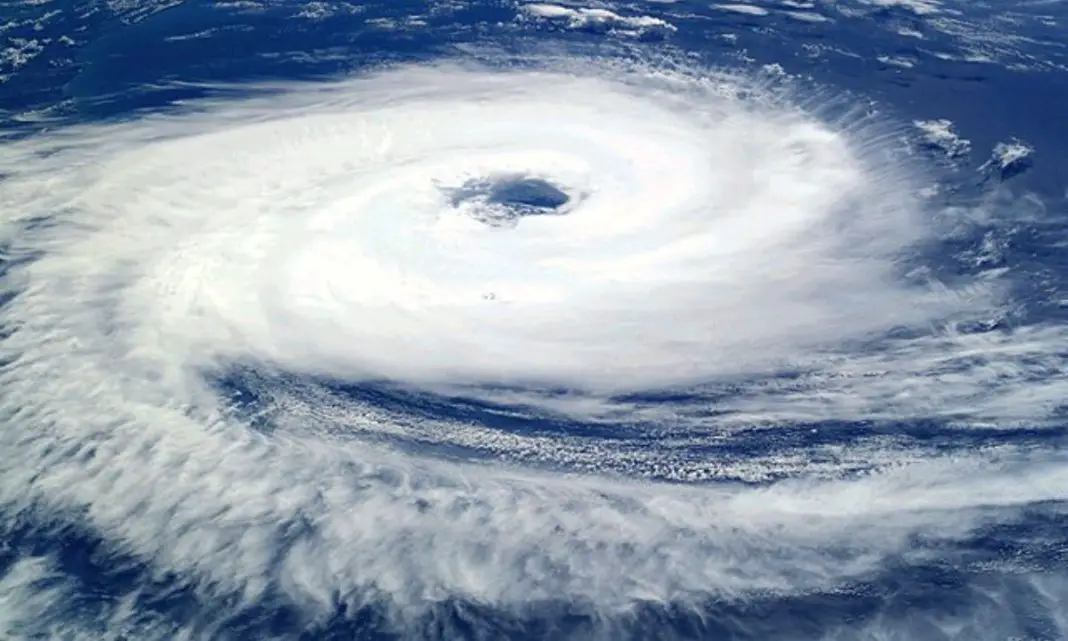The United States is being ravaged by natural disasters one after the other. People’s property and even their lives have been destroyed by the hand of mother nature. So where is the relief they were promised? In short, it was flushed down the toilet.
In May 2023, the Federal Emergency Management Agency (FEMA) rolled out a $12 million grant program aimed at boosting “equity” in disaster response, channeling funds toward communities with high concentrations of racial and s*xual minorities. However, as the devastation from hurricanes mounts, questions are being raised about whether FEMA’s priorities are in the right place.
FEMA’s 2023 Regional Catastrophic Preparedness Grant Program (RCPGP) was designed to direct multimillion-dollar grants to improve disaster preparedness in so-called “underserved communities.” According to the grant documents, these communities include groups that have been “systematically denied a full opportunity to participate in aspects of economic, social, and civic life.” Among the groups cited were African Americans, Hispanics, Middle Easterners, LGBTQ+ people, and even those living in rural areas.
In a leaked Zoom recording, FEMA emergency management specialist Tyler Atkins emphasized the need for such funding, stating, “LGBTQIA people, and people who have been disadvantaged, already are struggling… So, you add a disaster on top of that, it’s just compounding on itself.”
FEMA Disaster Preparedness Meeting:
"We should focus our efforts on LGBTQIA people… they struggled before the storm"
"FEMA relief is no longer about getting the greatest good for the greatest amount of people…. It's about disaster equity." pic.twitter.com/IqXeKI8OTT
— End Wokeness (@EndWokeness) October 7, 2024
This remark points to FEMA’s growing shift away from traditional disaster relief models. Maggie Jarry, an emergency management specialist at the Department of Health and Human Services, reinforced this shift by noting that emergency management is now focusing less on “the greatest good to the greatest amount of people” and more on achieving “disaster equity.”
FEMA justified its approach by pointing out that Black and gay populations are disproportionately located in areas prone to natural disasters, where poor infrastructure and limited resources exacerbate the effects of climate change. To address these disparities, FEMA directed entities applying for grant funding to use the Biden-Harris administration’s Climate and Economic Justice Screening Tool to identify which communities qualified as “underserved” and thus eligible for federal dollars.
However, the screening tool’s use has sparked controversy. Many of the counties hardest hit by Hurricane Helene in Western North Carolina and Northern Georgia were excluded from eligibility for this program. This left some of the most devastated areas without access to the federal resources they desperately need.
Hurricane Helene, which has already claimed 227 lives and caused an estimated $35 billion in damages, has left parts of the South reeling. Yet, as North Carolinians receive $27 million in individual assistance from FEMA, questions linger about the agency’s broader approach. The grant program evaluated applications based not just on need but also on whether the proposed projects would benefit “underserved” communities, according to the Climate and Economic Justice Screening Tool, and how much “equity” was emphasized in the proposals.
“To advance considerations of equity in awarding RCPGP grant funding, FEMA will add additional points to the scores of projects that will benefit disadvantaged communities,” the agency’s grant document stated.
Meanwhile, Homeland Security Secretary Alejandro Mayorkas warned that FEMA’s resources are running dangerously low as yet another hurricane approaches. “We are expecting another hurricane hitting,” Mayorkas said. “FEMA does not have the funds to make it through the season.”
FEMA’s financial strain comes after spending nearly $1 billion on migrant assistance programs in the 2023 and 2024 fiscal years. And with Hurricane Milton, a Category 5 storm, barreling toward the Florida Gulf Coast, Florida — which is still reeling from Hurricane Helene — may face even more devastation.
Despite the looming crisis, FEMA has remained tight-lipped, refusing to clarify how it plans to assist the hardest-hit Americans. With its focus on equity and DEI initiatives, the question remains: is FEMA truly prepared to meet the needs of those most affected by these catastrophic disasters? Let us know in the comments below.


LGBTQIA people? . . . what makes THEM special?!? Take care of the POPULACE as per the U.S. Constitution! This is DERELICTION of DUTY!